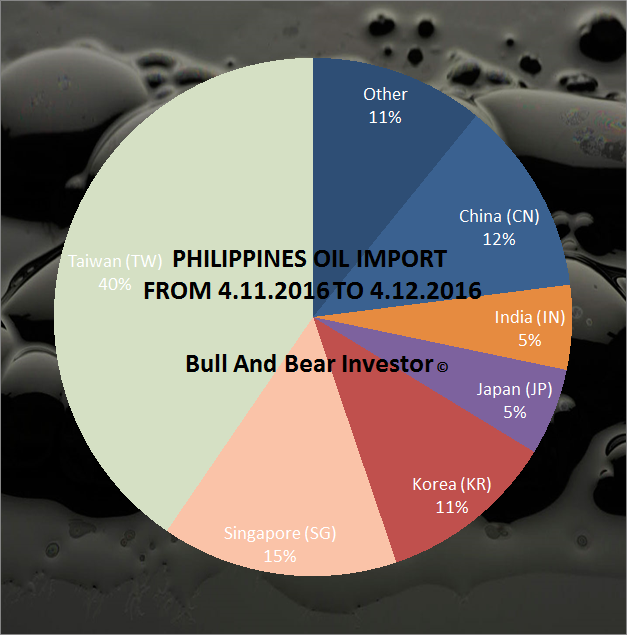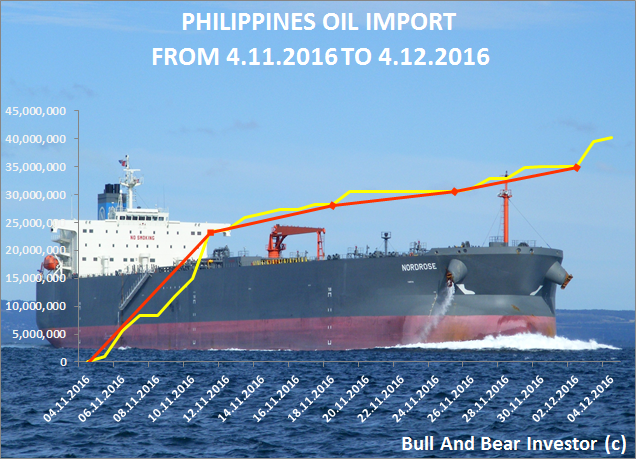Bohol-Cebu bridge nearing reality
When I read about this report a few days ago, I wanted to be sure that it was correct. And apparently, we learned that the National Economic and Development Authority board has approved the bridge project that will soon connect the island provinces of Bohol and Cebu. It is dubbed the Bohol-Cebu Friendship Bridge (BCFB). But in truth, this idea came from my committee in the Regional Development Council (RDC-7) which I turned over to my good friend, Infrastructure Utilities Committee chairman Emmanuel "Manny"Rabacal, who also pushed for the approval of this bridge.
Because of the enormity of this project, I then got a call from the late Bohol governor Erico Aumentado, saying he wanted to adopt the proposal. And I agreed that we needed a big shot like him to push for this project. Hence, the name of Bohol comes ahead of Cebu. But that doesn't matter to me for as long as the NEDA has now approved its feasibility study.
Mind you, the China-HongKong-Zuhai Bridge is already nearing completion, and if China takes on this Bohol-Cebu bridge project, China most certainly can use the infrastructure and engineering equipment that it used in that bridge linking the Pearl River estuary. We learned fromBohol Representative Erico Aristotle Aumentado that this project had been endorsed to the Chinese government for funding when PresidentDuterte visited China last October. Work could start as early as next year once the proposal is approved. The study would determine whether the government would implement the project through build-operate-transfer, through public-private partnership, or through concession loans. Well, who would believe that our dreams would come true after all?
***
People just do not change for the better. When then Davao City mayor Rodrigo Duterte threw his hat on the presidential derby, he was the unsure presidential candidate of all. But he was already campaigning long before the campaign period had begun. In late January 2015, Cebuano businessmen met the Davao City mayor for the first time in order to assess his candidacy. At that time, while he was already gung-ho on his running, he told us, at the end of his speech, that he was a good friend of DILG secretary Manuel "Mar" Roxas, and that if the latter runs for president, he would support him.
That was then. By now, we have already known that President Duterte made Philippine political history, winning by the biggest of margin over his well-oiled political rivals, who were heavyweights on their own. That stunning victory by President Duterte meant that in forming his government, he would have to rely on many of his volunteers. And that's exactly what has happened.
There are two kinds of people who supported President Duterte. There are people like me who suffered the whole nineyears of sheer incompetency and hypocrisy of the Aquino regime. And there are those people who supported President Duterte because they can get a job inside the government and then they can say, "It's our time to make money."
Two of those people who supported President Duterte are now in hot water when the Department of Justice exposed their shenanigans using a camera footage at the Casino Mall in Parañaque City, whereby two assistant commissioners of the Bureau of Immigration were caught receiving on November 26 five paper bags containing P10 million each from a certain Wally Sombrero. Mr. Sombrero was a former police colonel who was linked to gambling lord Jack Lam. He was accompanied by his colleagues, Mr. Michal Robles and Al Argosino, whom Inquirer columnist Mon Tulfo identified as fraternity brothers of President Duterte.
These BI commissioners, including the BI intelligence chief Charles Calima Jr., have been given 24 hours to disprove allegations that they extorted P50 million from Macau-based gambling tycoon Jack Lam in exchange for the release of overstaying Chinese nationals. It turned out that these BI officials were hired under the new Duterte administration. Now with those video footages, they are going to spend a long time in jail. They have truly underestimated President Duterte who hates corruption!
I listened to President Duterte over PTV-4 the other night when he met a group espousing for a federal Philippines, and he came up with this report and you could see he was fuming mad this had happened to people he hired into the Bureau of Immigration. I have no doubt that President Duterte is dead serious in really solving the corruption within the government bureaucracy, which for many years have been taken for granted by previous administrations.



 IN MY OPINION
IN MY OPINION